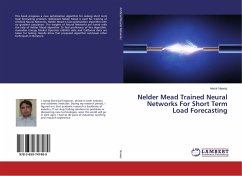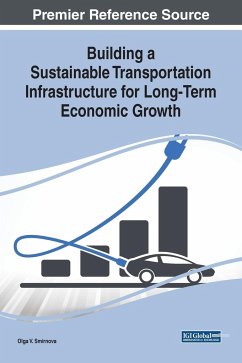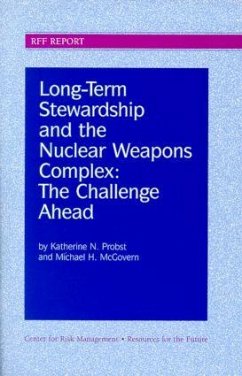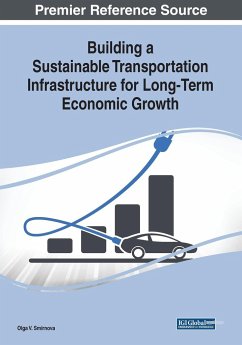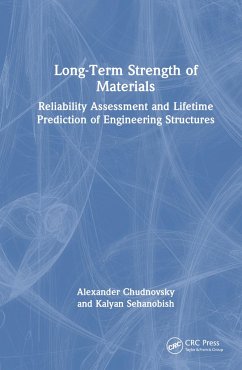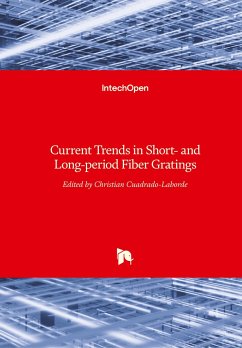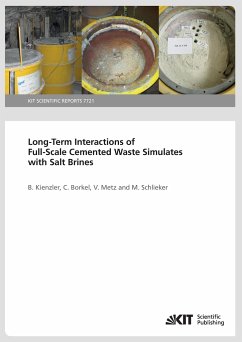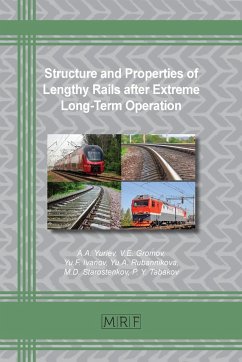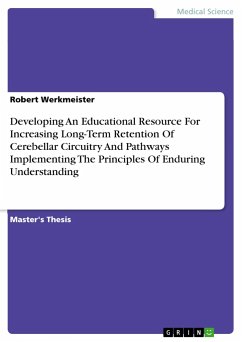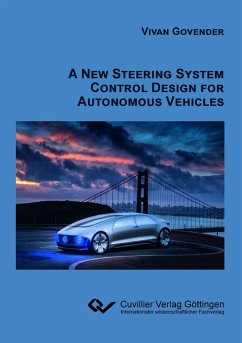
Short and Long-term Stability of a 100% Renewable Autonomous Power System for a Typical Geographical Region (Band 56)

PAYBACK Punkte
0 °P sammeln!
This research work is on Short- and Long-term Stability of a 100% Renewable Autonomous Power System for a Typical Geographical Region. It is concerned with understanding, modelling, analysing and mitigating power system stability problems associated with 100 percent renewable electrical power system. The complexity of power systems is continually increasing because of the growth in asynchronous interconnections and use of new power electronic based technologies for solar and wind power integrations. At the same time, regulatory constraints have forced utilities to increase the renewable energy...
This research work is on Short- and Long-term Stability of a 100% Renewable Autonomous Power System for a Typical Geographical Region. It is concerned with understanding, modelling, analysing and mitigating power system stability problems associated with 100 percent renewable electrical power system. The complexity of power systems is continually increasing because of the growth in asynchronous interconnections and use of new power electronic based technologies for solar and wind power integrations. At the same time, regulatory constraints have forced utilities to increase the renewable energy share on the power systems. This research mainly deals with maximizing the Non-Conventional Renewable Energy (NCRE) share in the power system. Implementation of 100 percent renewable electric power system is no longer a myth. However, the system requires a large energy storage capacity for full supply with renewable energy in the electricity sector and new large scale of synchronous inertia shall be added to the system for frequency stability. Furthermore, necessary measures have to be taken for maintaining power system oscillations and damping which occur due to frequent power disturbances from wind and solar energy sources. However, the implementation of 100 percent renewable electrical power system depends on the many other things such as the financial capability, resources availability, etc.




